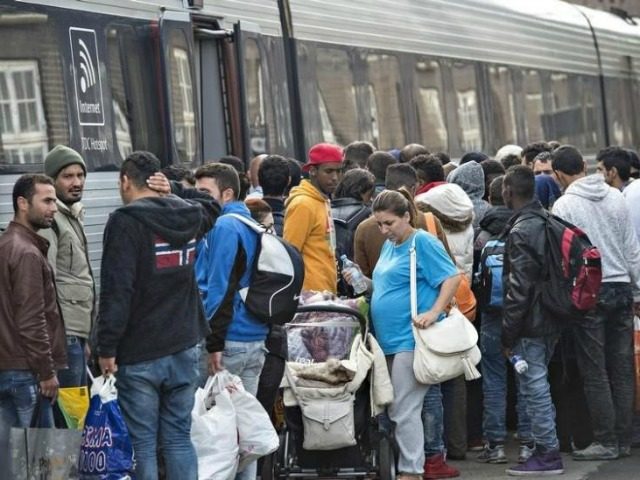Swedish Municipality That Took Too Many Migrants F
Post# of 52101

< >

The Swedish municipality of Bengtsfors has petitioned the national government for aid due to massive costs incurred taking in more migrants than the municipality could afford.
Local Moderate Party politician Stig Bertilsson said the multi-page letter was clear in identifying the cause of the budget deficit as being related to the large number of “new Swedes” taken in and requested aid to cover the costs, SVT reports.
“Costs in municipalities that have received new arrivals have continued to be substantial even when government revenues have stopped. This creates a large negative hole in the municipal cash register,” Bertilsson said.
When asked about tax revenues from new migrants that could bridge the deficit gap, Bertilsson said that in the long run he hoped there would be a rise in revenues but so far there has not been one, adding that the Swedish labour market “has a long way to go”.
Unemployment figures for migrants in Sweden are in fact much higher than those for native Swedes, with a report last summer showing a 19.9 per cent unemployment rate for migrants compared to just 3.6 per cent for natives.
In the letter to the national government, the local government claims that raising taxes to cover the costs will not be a solution as local tax rates are already high at 22.9 per cent, the tenth-highest overall in Sweden.
Last year, a report from the Swedish National Institute of Economic Research (KI) claimed that many municipalities across the country would be forced to raise taxes, specifically stating mass migration costs as the reason.
“We are facing some years of demographic challenge, which makes me a little worried that the municipalities may be forced to raise taxes,” said Urban Hansson Brusewitz, the head of KI.
Bertilsson has proposed that Swedish municipalities should look at a system of equalisation payments among municipalities in order for those with higher average tax yields to help those where residents have lower average incomes.
Such a plan has already been proposed and was discussed last spring by the municipal governments in order to help more rural, lower-populated areas.
 (0)
(0) (0)
(0)